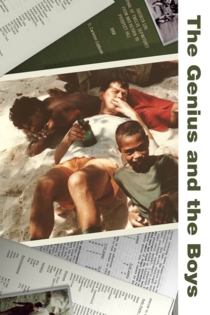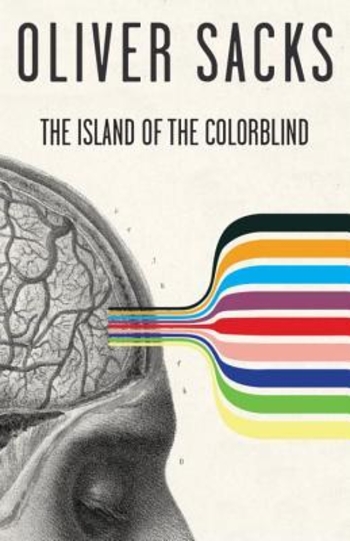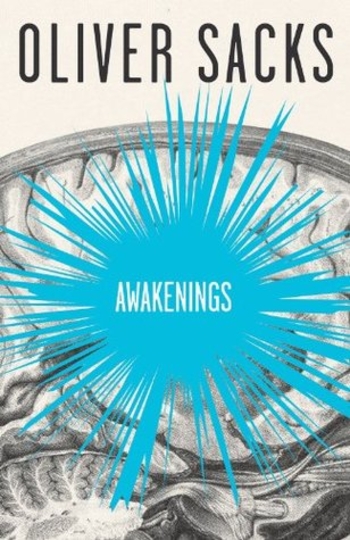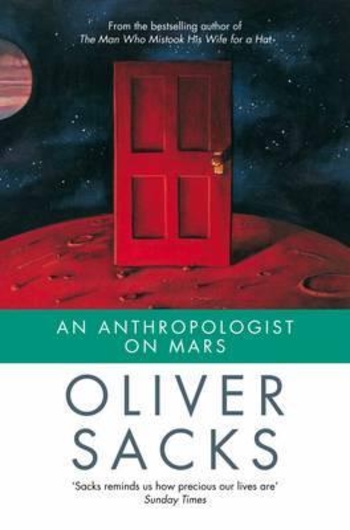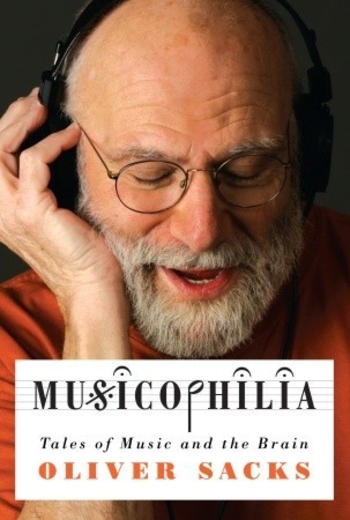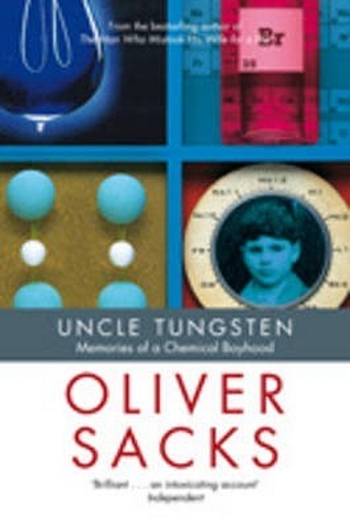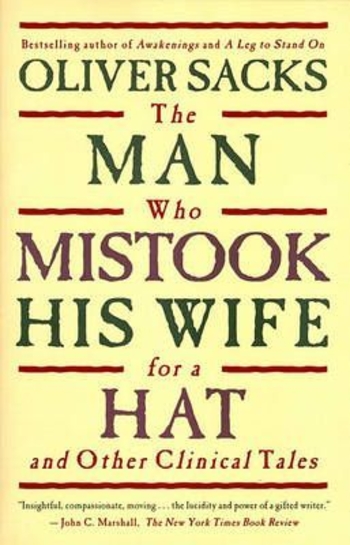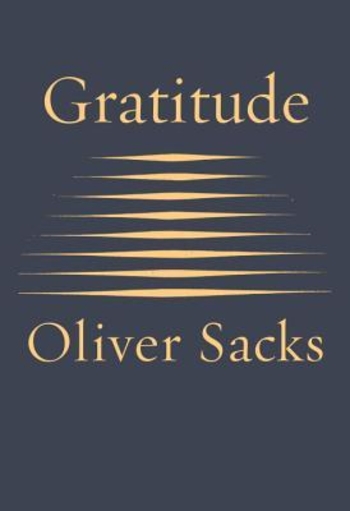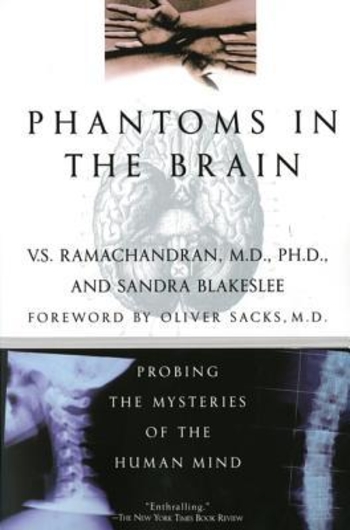
Oliver Sacks
2021Een schitterend ongeluk
Max Kisman, Rob Schröder
Daniel C. Dennett, Freeman Dyson
One of the most interesting shows ever aired on public television was Wim Kayzer's interviews with six leading intellectuals who represented both the mainstream academic (Stephen J. Gould, Freeman Dyson and Stephen Toulmin) and more or less, as it were, "eccentric" outside the box groundbreaking intellectuals (Oliver Sacks and Rupert Sheldrake). Kayzer interviews each of them (and philosopher Daniel Dennett) individually and then has the entire group sit in a kind of round-table seminar that he moderates and lets the ideas fly.
A Glorious Accident
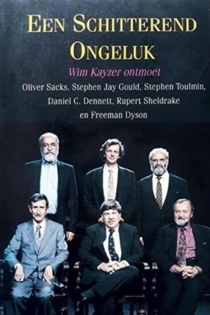
Alive Inside
Michael Rossato-Bennett
Oliver Sacks, Bobby McFerrin
Five million Americans suffer from Alzheimer's disease and dementia—many of them alone in nursing homes. A man with a simple idea discovers that songs embedded deep in memory can ease pain and awaken these fading minds. Joy and life are resuscitated, and our cultural fears over aging are confronted.
Alive Inside
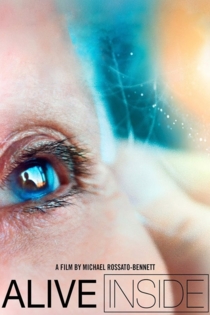
Oliver Sacks: Tales of Music and the Brain
Louise Lockwood
Alan Yentob, Oliver Sacks
Alan Yentob talks to Dr. Oliver Sacks about his latest book 'Musicophila: Tales of Music and the Brain' which deals with the power of music and how it helps those with extreme neurological conditions, and meets some extraordinary people overcame their conditions with music.
Oliver Sacks: Tales of Music and the Brain
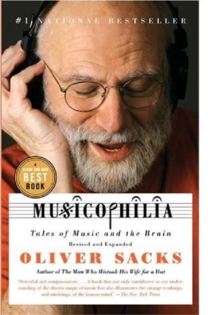
The Man Who Mistook His Wife for a Hat
Christopher Rawlence
Oliver Sacks, John Tighe
Opera singer and professor Dr P is examined both in a clinic and in his home, as he suffers from a degeneration of the occipital lobe that allows him to see details but not wholes.
The Man Who Mistook His Wife for a Hat

John's Not Mad
Valerie Kaye
John Davidson, Heather Davidson
John's Not Mad is a QED documentary made by the BBC in 1989. It was ranked, in a British public poll, as one of the 50 Greatest Documentaries. The film shadows John Davidson, a 15-year-old from Galashiels in Scotland, who had severe Tourette syndrome. John's life was explored in terms of his family and the close-knit community around him, and how they all coped with a misunderstood condition.
John's Not Mad
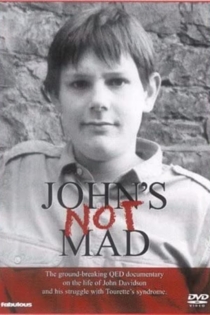
Oliver Sacks: His Own Life
Ric Burns
Oliver Sacks, Atul Gawande
An exploration of the life and work of the legendary neurologist and storyteller, as he shares intimate details of his battles with drug addiction, homophobia, and a medical establishment that accepted his work only decades after the fact. Sacks was a fearless explorer of unknown mental worlds who helped redefine our understanding of the brain and mind, the diversity of human experience, and our shared humanity.
Oliver Sacks: His Own Life

Janela da Alma
Walter Carvalho, João Jardim
José Saramago, Marieta Severo
Nineteen people with differing degrees of visual impairment – from mild nearsightedness to total blindness – discuss how they see themselves, how they see others and how they perceive the world. Unusual images, of burning trees or empty deserts, link the interviews, which vary from deep to funny to poetic.
Janela da Alma

Björk: When Björk Met Attenborough
Louise Hooper
Björk, David Attenborough
Award-winning musician Björk and legendary broadcaster and naturalist Sir David Attenborough have admired each other's work for years but this is the first time they have discussed their mutual love of music and the natural world on screen. In this remarkable documentary, Björk explores our unique relationship with music and discovers how technology might transform the way we engage with it in the future.
When Björk Met Attenborough

The Genius and the Boys
Bosse Lindquist
Michael Alpers, Warwick Anderson
D Carleton Gajdusek won the Nobel Prize for the discovery of Prions - the particles that would emerge as the cause of Mad Cow disease - while working with a cannibal tribe on New Guinea. He was a star of the scientific world. Over his years working amongst the tribes of the South Seas, he adopted 57 kids, bringing them to a new life in Washington DC. His adoptions were hailed as wonderful fatherly beneficence. But, at the height of his career, rumours began to spread he was a paedophile. Gajdusek would argue that if sex with children was okay in their own cultures, he wasn't wrong to join in. How could a great mind like Gajdusek's lose insight so totally, and why would the scientific community to which he was a hero be so quick to leap to his defence and dismiss the allegations? (Storyville)
The Genius and the Boys
